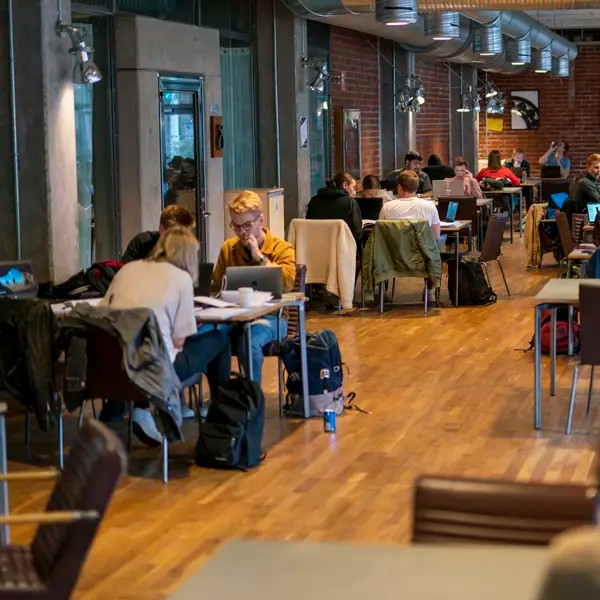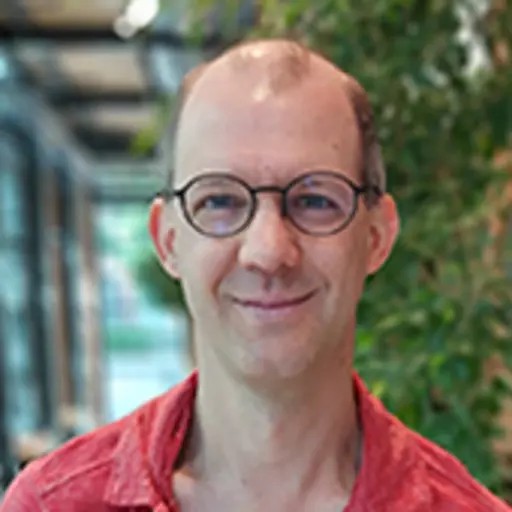
In a rapid and ever-changing world, the role and impact of modern chemical processes have never been more important. But to ensure sustainability and economic viability in commercial products and processes, efficiency, flexibility, safety, and minimal environmental impact are of the utmost importance.
This master’s programme will provide you with the advanced knowledge and skills necessary to refine these processes and streamline the conversion of commodities into finished products.
Innovative and sustainable chemical engineering master's programme at Chalmers
There are several study visits in my programme and this really changed my study life, compared to my bachelor’s, where I did not have these experiences

Topics covered
The subjects of chemical engineering and sustainable development are fundamental areas in the Innovative and sustainable chemical engineering master’s programme. The courses included in the programme plan handle topics such as process design, biorefining and cellulose technology.
Career
Following graduation, you are qualified to work in research and the development of innovative and sustainable products and processes, production and process technology and advanced technical support. In general, you can work as a project manager or team expert in developing new products and processes. You can also work as a process engineer and be responsible for operating large processes.
Many industrial sectors recruit graduates from this programme; some examples include pulp and paper, chemical, food and biotechnology, pharmaceutical, energy, recycling, battery production and consultancy companies. Many new areas have emerged at the intersection between chemical engineering and other fields of engineering and science, and graduates of Innovative and sustainable chemical engineering have also new and exciting career opportunities in a wide range of fields.
Research
Chalmers holds a leading position in chemical process research and the programme provides a first-rate base for PhD studies in strong research areas as well as a broad education at the forefront of new technologies required by the industry.
Examples of active research areas at Chalmers include: Particulate and porous systems, for example, drying, granulation and coating processes of importance in pharmaceutical and food process industries. Multiphase fluid flow and mixing with chemical reactions applicable to a wide range of industries. Research involving simulation methods and calculation tools to explore and design chemical processes. Development of new resource and energy-efficient chemical processes for a circular economy. New chemical processes and products from the forest industry such as the development of biorefining processes for renewable fuels and chemicals. Catalytic reaction processes for renewable fuel and chemical production as well as exhaust after-treatment. Chemical and environmental performance of products and processes. Sustainable waste treatment and novel recycling processes and metallurgical and battery production processes.
Find out more about research in Chemistry and chemical engineering
Requirements

How to apply - From application to admission
This is a step-by-step guide on how to apply for a Master's programme at Chalmers University of Technology.

